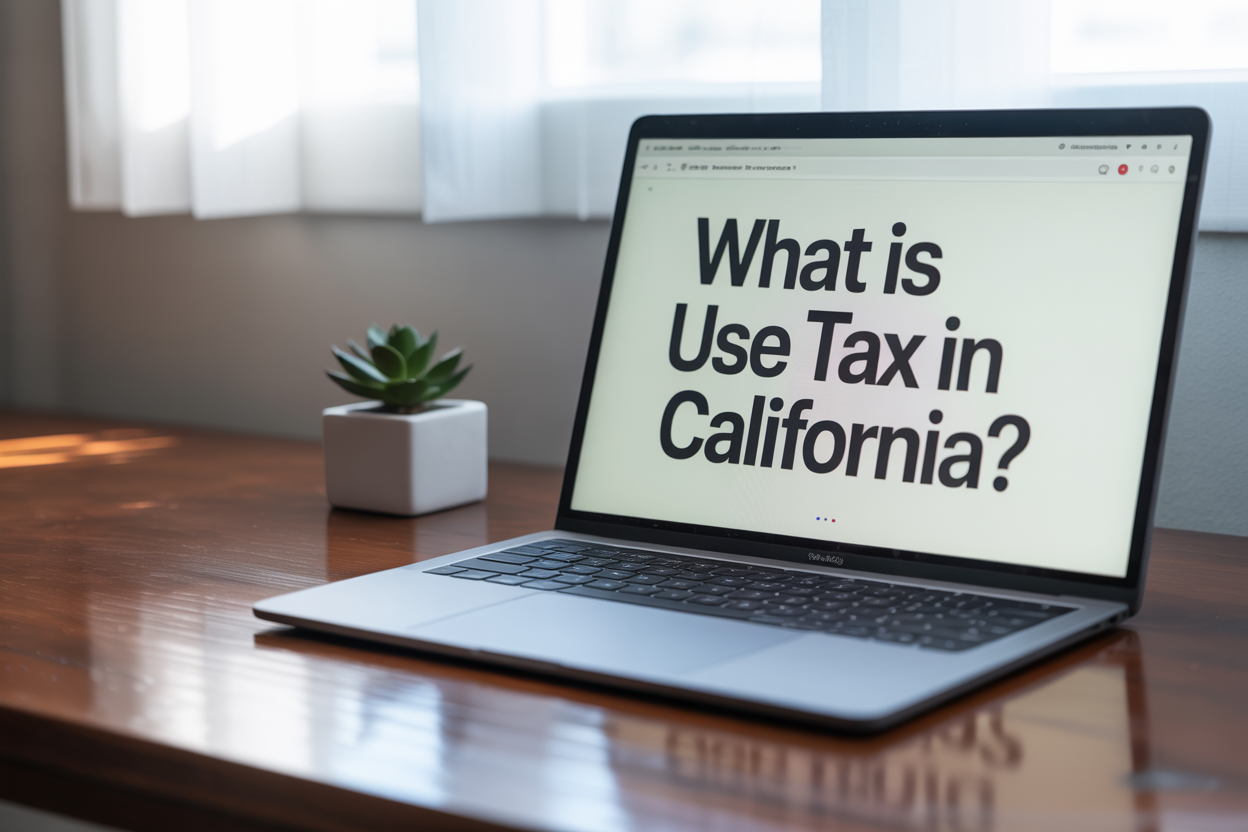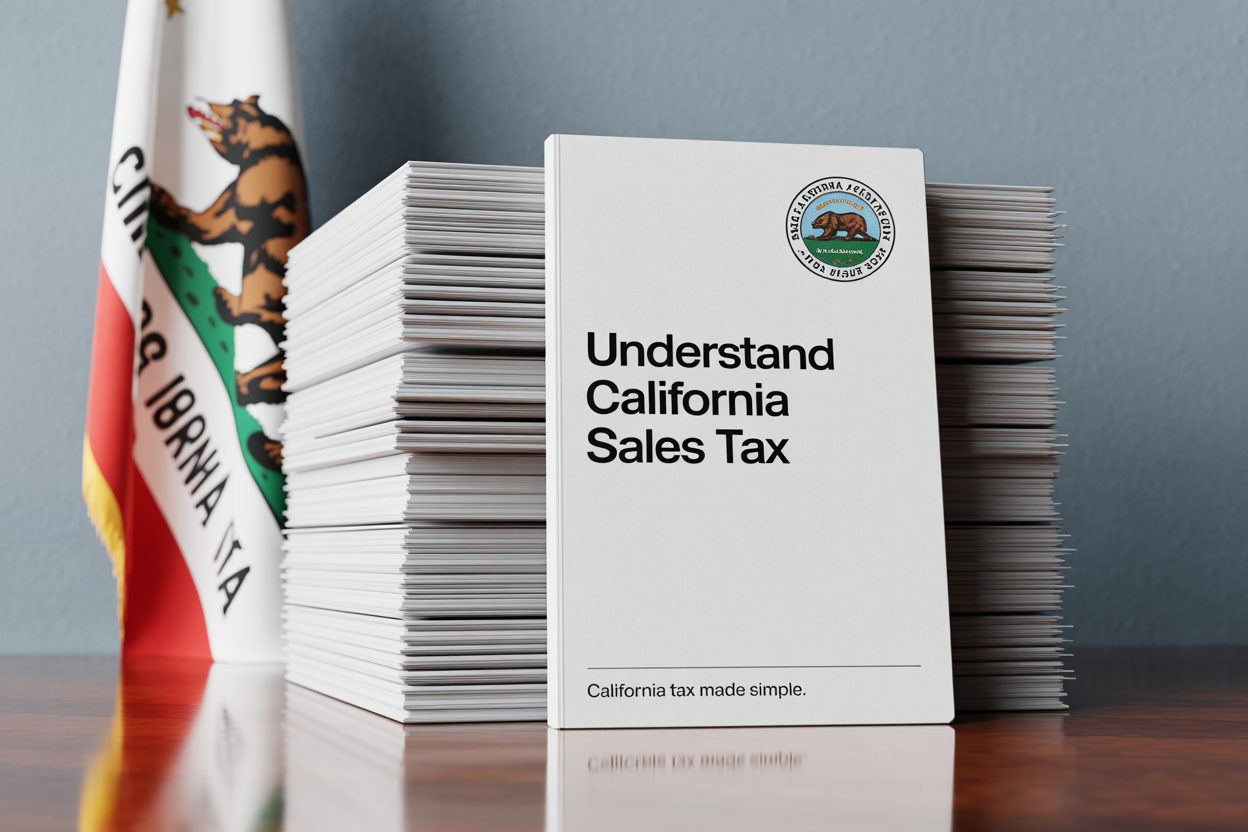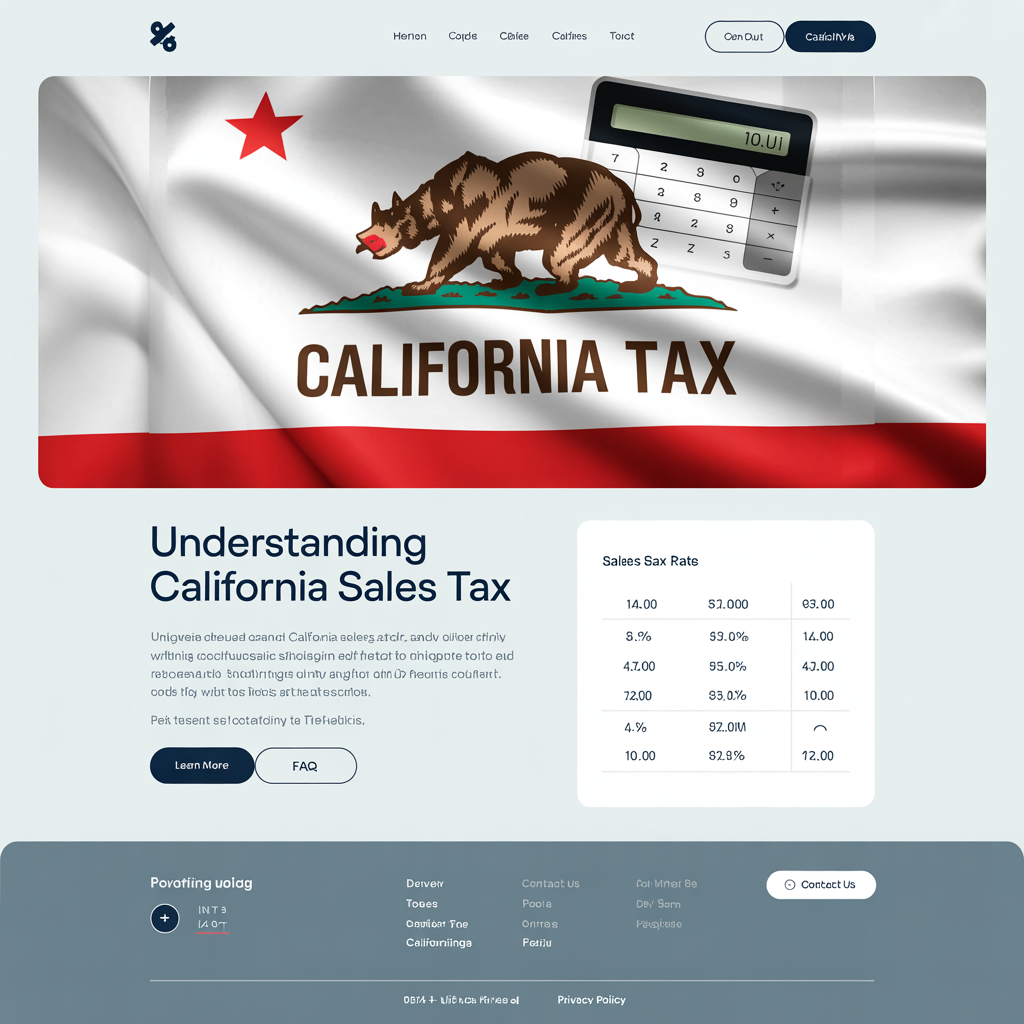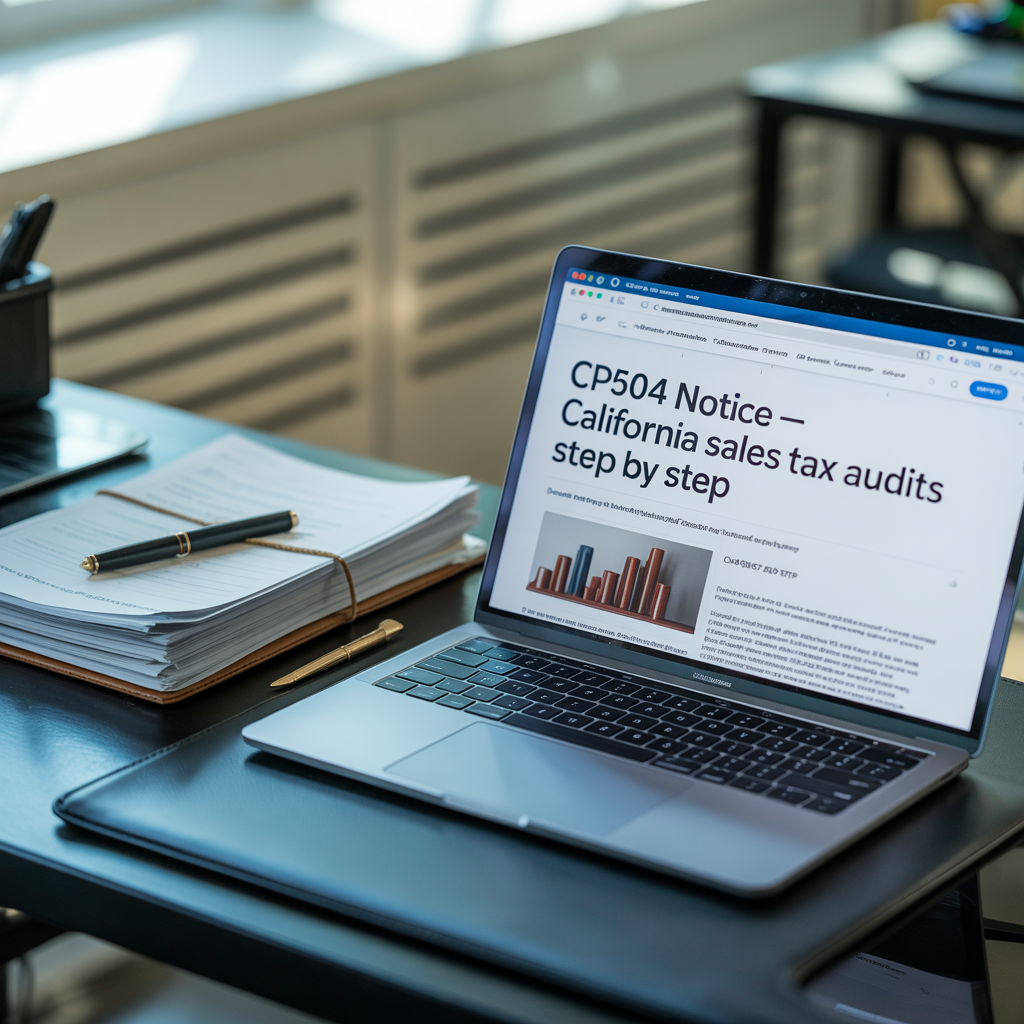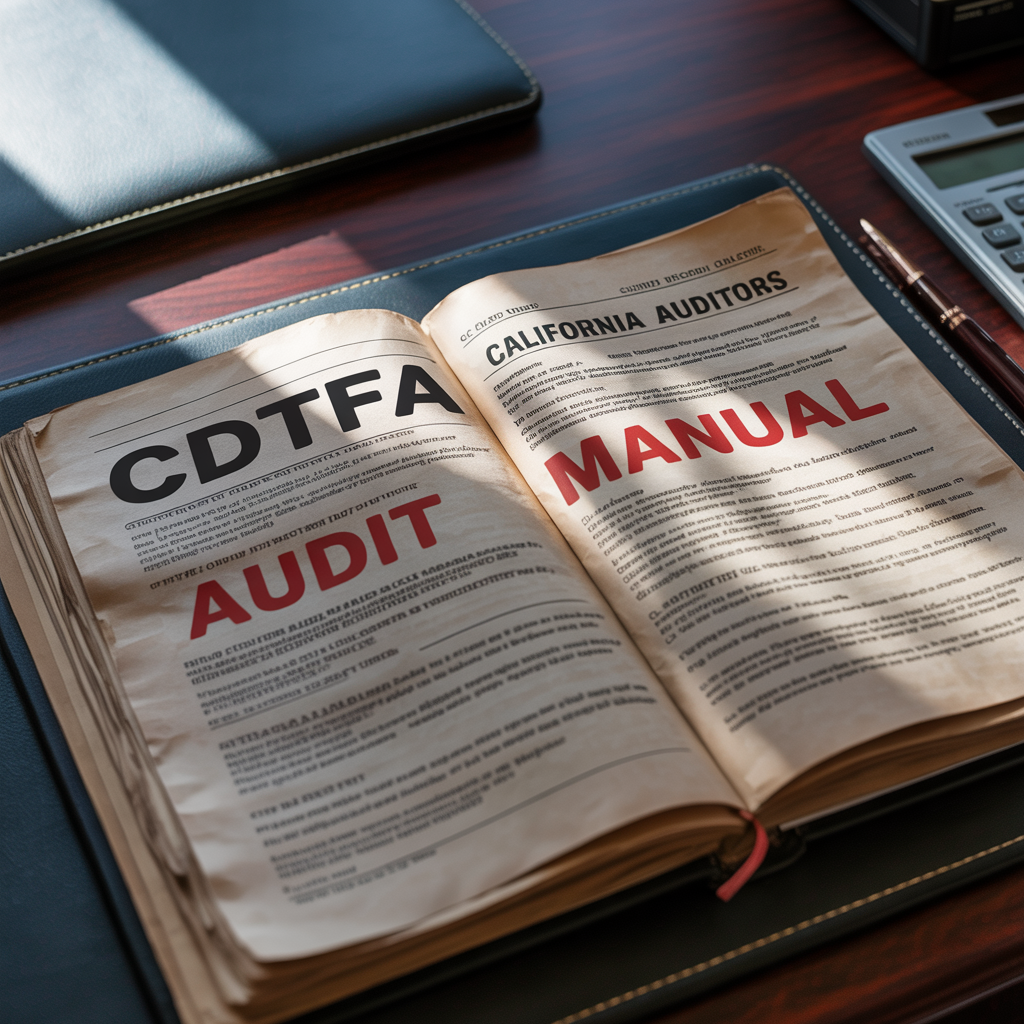Industries Most Targeted by CDTFA Sales Tax Audits in California
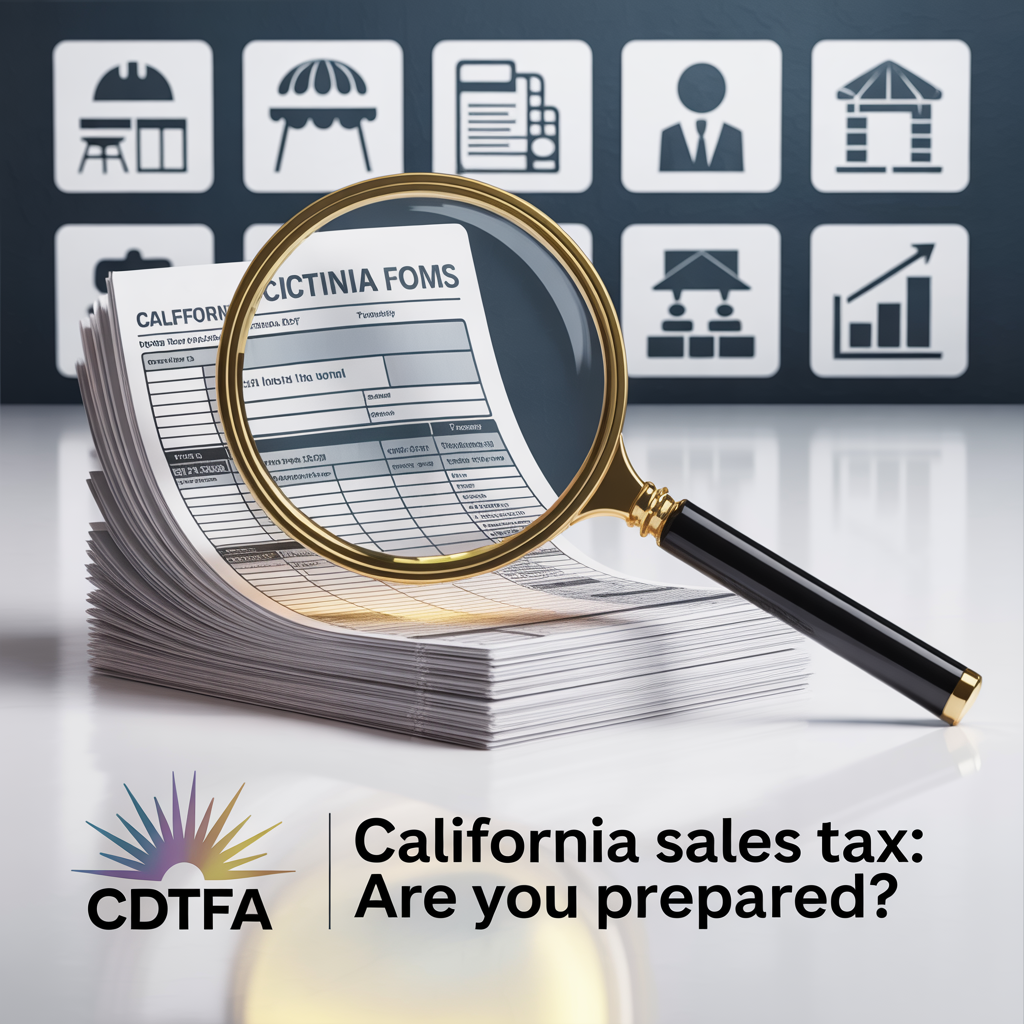
The California Department of Tax and Fee Administration (CDTFA) doesn’t audit businesses randomly. Certain industries are repeatedly flagged for sales tax audits, and if you operate in one of them, it’s not a question of if you’ll be audited — but when.
The CDTFA tends to focus on businesses with high cash volume, complex inventory movement, or a history of compliance problems. These are the types of CDTFA audit red flags for online sellers and traditional businesses alike.
At Boulanger CPA and Consulting PC, we’ve represented business owners across California in nearly every high-risk category. In this guide, we’ll break down the industries most often targeted by CDTFA audits — and what you can do to protect your business before the state comes calling.
Why CDTFA Targets Certain Industries
Sales tax enforcement is all about risk and recoverability. The CDTFA audits industries that
- Frequently underreport sales
- Accept large volumes of cash
- Claim high rates of exempt sales
- Struggle with POS or inventory recordkeeping
- Have historically produced high audit yield
These industries are tracked closely using benchmarking, sampling techniques, and internal compliance scores.
Top Industries Most Targeted by CDTFA
1. Restaurants and Bars
Why they’re targeted:
- High cash volume
- Frequent underreporting of alcohol or tip income
- Inconsistent POS reports vs. tax filings
- Common use of modifiers, voids, and unrecorded comps
- Susceptibility to
sales suppression software
Risk level: Very High
Many owners search for a restaurant sales tax audit survival guide once they realize how aggressive these audits can be.
2. Construction Contractors
Why they’re targeted:
- Misclassification of materials vs. labor
- Taxability of materials supplied vs. purchased
- Poor recordkeeping on taxable vs. exempt sales
- Often miss use tax obligations
Risk level: Very High
3. Retail Stores (Clothing, Electronics, Convenience Stores)
Why they’re targeted:
- Inventory turnover doesn’t match reported sales
- Frequent POS errors or “ghost inventory”
- Exempt sale abuse (e.g., resale certificates not properly verified)
- Cash skimming or inconsistent deposit history
Risk level: Very High
4. Salons, Barbershops, and Nail Spas
Why they’re targeted:
- Cash-based services with minimal documentation
- Sales of taxable retail products (lotions, tools, accessories) often underreported
- High rates of unlicensed employees and contractor confusion
Risk level: High
5. Auto Repair and Parts Shops
Why they’re targeted:
- Labor vs. parts confusion (labor is exempt, parts are taxable)
- Invoice manipulation
- Unreported or misclassified used parts sales
- Core charges and disposal fees improperly handled
Risk level: High
6. Cannabis Dispensaries and Retailers
Why they’re targeted:
- Complex overlapping tax jurisdictions (sales tax, excise tax, local tax)
- Cash-only operations (due to federal banking restrictions)
- Limited POS transparency
- High-volume daily transactions with inconsistent recording
Risk level: Very High
7. E-Commerce and Online Sellers
Why they’re targeted:
- Nexus rules not understood or followed (especially after Wayfair v. South Dakota)
- Misreporting of out-of-state sales
- Improper or no collection of California use tax
- Platform sellers (Amazon, Shopify) failing to report correctly
Risk level: High
For these businesses, understanding CDTFA sales suppression audits explained is crucial to staying compliant.
8. Gas Stations and Convenience Stores
Why they’re targeted:
- Fuel excise tax vs. sales tax complexity
- Lottery, tobacco, and alcohol underreporting
- Skimming or underreported non-fuel retail sales
Risk level:
Very High
How CDTFA Identifies Audit Targets
CDTFA uses:
- Industry-specific
audit manuals
- Comparison to
benchmark ratios (markup %, taxable % of sales)
- Statistical modeling to flag anomalies
- Prior audit history or flagged return patterns
- Third-party data (merchant accounts, POS systems, IRS, or FTB matching)
What to Do If You're in a High-Risk Industry
If you're in one of the industries above, be proactive:
- Use
auditor-friendly POS systems with tamper-proof data logs
- Maintain
complete Z-tape or sales summary records
- Properly document
resale certificate transactions
- Reconcile
sales to bank deposits monthly
- Avoid
handwritten receipts or estimates — digitize everything
- Schedule
periodic compliance reviews with a CPA
How We Defend Targeted Businesses During CDTFA Audits
At Boulanger CPA and Consulting PC, our defense process includes:
- Pre-audit risk analysis
- Forensic accounting and POS reconciliation
- Strategic documentation defense
- Challenging CDTFA audit findings when sampling methods are unfair
- Negotiating a CDTFA audit balance to reduce penalties and interest
- Representing clients through CDTFA appeals and settlements
This is the core of our sales tax audit defense in California—helping businesses survive and move forward.
Based in Orange County, Serving California Statewide
We work with:
- Restaurants in Orange, Costa Mesa, Santa Ana
- Retailers in Anaheim and Riverside
- Contractors in San Diego and Los Angeles
- Online sellers statewide
For more details and strategies, you can always explore more in Defend What’s Yours—our resource hub for California business owners under CDTFA scrutiny.
Call Now to Protect Your Business from CDTFA Overreach
If your industry is on this list, the CDTFA is watching. Let’s get your records right, train your team, and prepare for what’s coming.
📞 Call (657) 218-5700 or Schedule a Confidential Compliance Review
Frequently Asked Questions
Which industries are most targeted by CDTFA audits?
Restaurants, convenience stores, vape shops, salons, auto repair shops, and contractors are among the most frequently audited industries in California.
Why are these industries targeted more often?
Cash-heavy businesses and industries with high sales tax compliance risk are prioritized by CDTFA auditors due to frequent underreporting issues.
What methods does CDTFA use during industry audits?
Auditors use markup tests, credit card-to-cash ratios, industry benchmarks, and third-party data to estimate unreported sales.
How far back can CDTFA audits go?
Most audits cover three years, but if fraud or significant underreporting is suspected, the CDTFA can extend audits further back.
Can CDTFA audits lead to IRS or FTB audits?
Yes. Findings from CDTFA audits are often shared with the IRS and California Franchise Tax Board, leading to additional examinations.
How can businesses in targeted industries prepare?
Maintain detailed sales records, POS data, bank statements, and invoices. Professional audit defense helps minimize liability.
Should I hire a CPA if my industry is targeted?
Yes. Proactive CPA support ensures compliance and provides strong defense if your business is audited.
other articles of interest
📣 About the Author
Marc Boulanger, CPA is the founder of Boulanger CPA and Consulting PC, a boutique tax resolution firm based in Orange County, California and trusted by high-income individuals and business owners across Southern California.
He is the author of Defend What’s Yours: A California Taxpayer’s Guide to Beating the IRS and FTB at Their Own Game, available now on Amazon. The book offers a step-by-step plan for resolving IRS and FTB tax debt without losing your business, your home, or your peace of mind.
With over a decade of experience resolving high-stakes IRS and State tax matters, Marc brings strategic insight to complex cases involving wage garnishments, bank levies, unfiled returns, and six-figure tax debts. He is known for helping clients reduce or eliminate tax liabilities through expertly negotiated settlements and compliance plans.
Marc is a Certified Public Accountant licensed in California and Oklahoma and holds the designation of Certified Tax Representation Consultant. He is a member of the American Society of Tax Problem Solvers (ASTPS) — the national organization founded by the educators and practitioners who have trained thousands of CPAs, EAs, and tax attorneys in IRS representation strategy.
Every case is handled with discretion, proven methodology, and direct CPA-led representation — not call center scripts.
📍 Learn more at www.orangecounty.cpa or call (657) 218-5700.

